Text: T Murrali
Global automotive supplier, tyre manufacturer and industry partner – Continental, has inaugurated a new 13,000 sqmt facility in Bangalore to expand its R&D capabilities in India. With total investment of Euro 12.4 million and current headcount of around 1,000 engineers, the new Technical Centre India (TCI) facility at Electronic City-Phase II will meet the increasing demand for engineering and software development skills to support global R&D projects as well as local customers. 8 state-of-the-art R&D labs will be housed in the new facility.
TCI primarily works on a hybrid concept, combining the strengths of the in-house development centre with the Offshore Development Centre operated by partners. The engineers in India, across locations, work on a variety of locally and globally relevant projects with ‘affordable and safe mobility’ being 2 of the key focus areas. A good example of a localised product is the Fuel Supply Module designed and manufactured by Continental entirely in India for Tata Nano. All the products offered by the Commercial Vehicle and Aftermarket Business Unit are similarly designed and produced in India.
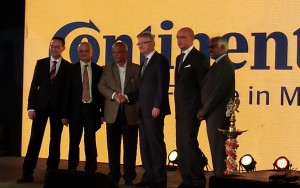 The company’s engineering team in Bangalore provides complete Engine Management Solution for several OEMs, addressing their faster development cycle demands. It is adopting the platform approach for software, both for gasoline and diesel, to address the shorter cycle time demands of customers. Apart from that, the centre uses an off-the-shelf electronics platform, which is scalable, to provide quick and robust solutions locally from India.
The company’s engineering team in Bangalore provides complete Engine Management Solution for several OEMs, addressing their faster development cycle demands. It is adopting the platform approach for software, both for gasoline and diesel, to address the shorter cycle time demands of customers. Apart from that, the centre uses an off-the-shelf electronics platform, which is scalable, to provide quick and robust solutions locally from India.
Helmut Matschi, President of the Interior Division and Member of the Executive Board of Continental AG said, “India’s talent pool is strategic to our growth, globally and in Asia. Continental has invested significantly in the Tech Centre since its inception, a confirmation of our commitment to India. While our engineers in India are making valuable contributions to the development of advanced technology for developed markets, Continental is equally excited by the prospect of growing with the automotive market in the country.”
“With its access to qualified engineers and its high flexibility, TCI delivers quality and highly efficient engineering support to Continental globally. We are able to attract the huge talent pool in India to work on the latest technologies and innovations, while at the same time offering first-class services globally. For R&D activities, initially in software and algorithm development for advanced driver assistance systems, we hired 150 new engineers for the TCI last year,” said Frank Jourdan, President of the Chassis & Safety Division and Member of the Executive Board of Continental AG.
Christian Senger, Senior Vice President, Automotive Systems & Technology (AS&T) at Continental AG said, “TCI was established in 2009 and has expanded rapidly in scale and capability. Today, our engineers in India are developing one-channel ABS solutions for two-wheelers alongside highly sophisticated technologies for domains such as Advanced Driver Assistance Systems (ADAS). Adding value with its understanding of the local market and customers, TCI is fast emerging as a ‘Centre of Competence’ for two-wheeler markets and for customised products for the BRIC countries.”
TCI has almost doubled its engineering strength since establishment. With this expansion, the total capacity will increase to 1,300, and the headcount will ramp up further in the near future, said Raghav Gulur, Head, TCI, Continental Automotive Components India Private Limited. TCI is one of Continental’s 3 AS&T hubs worldwide, providing high quality, cost effective, engineering solutions to chassis & safety projects from business units Vehicle Dynamics, Passive Safety & Sensorics and Advanced Driver Assistance Systems (ADAS), Interior projects from business unit Commercial Vehicles and Aftermarket, Body & Security and Powertrain projects from Engine Systems.
Continental product development support started in mid 1990s with Indian service providers as partners at the lower end of software development cycle such as coding and testing. In 2009, it started its own development centre with similar activities. However, it has scaled up during the past 6 years to move up the value chain, providing primarily software development and engineering, IT infrastructure development support, specific product development support consisting of hardware, software and mechanics, and innovation projects with support from the corporate R&D segment.




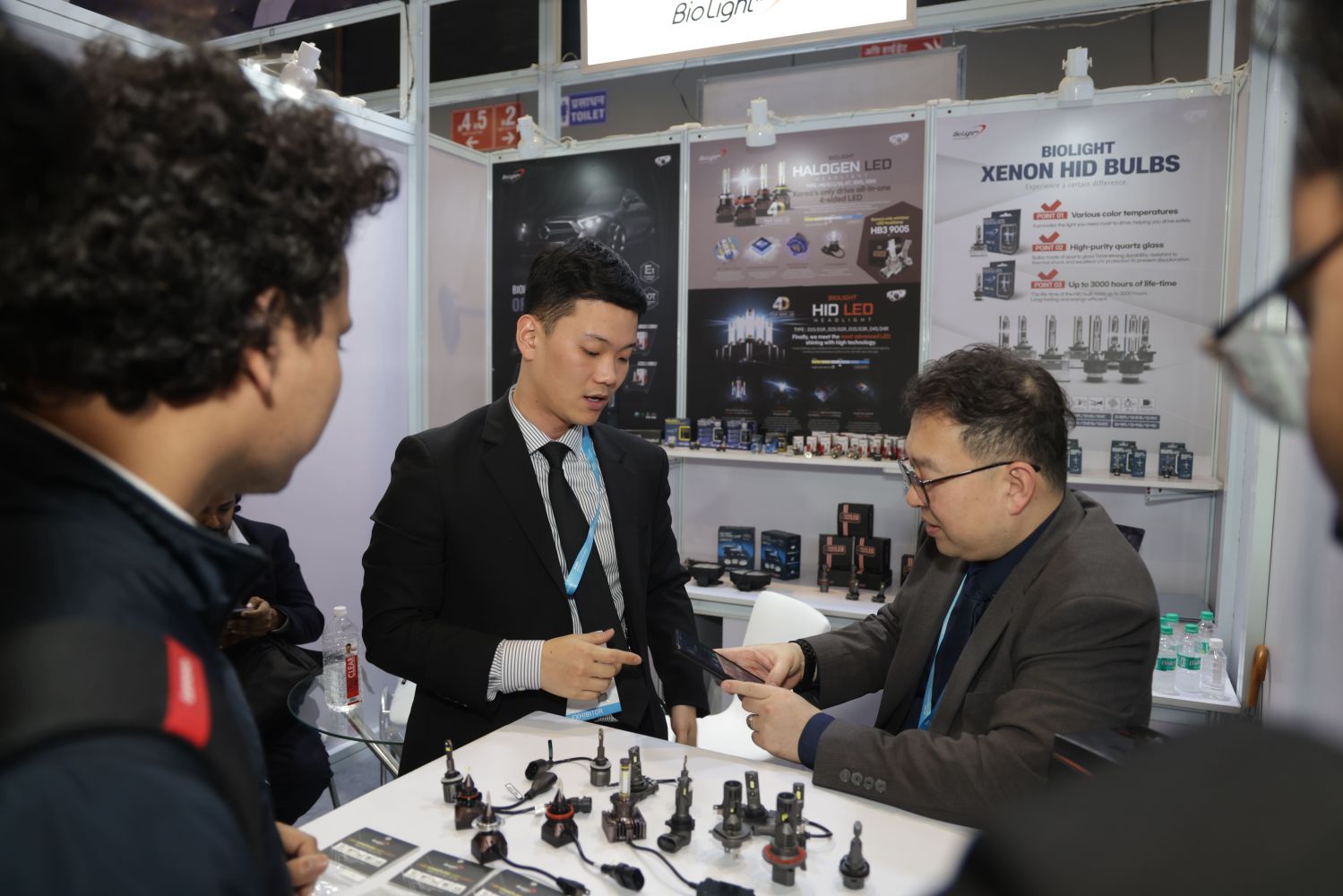
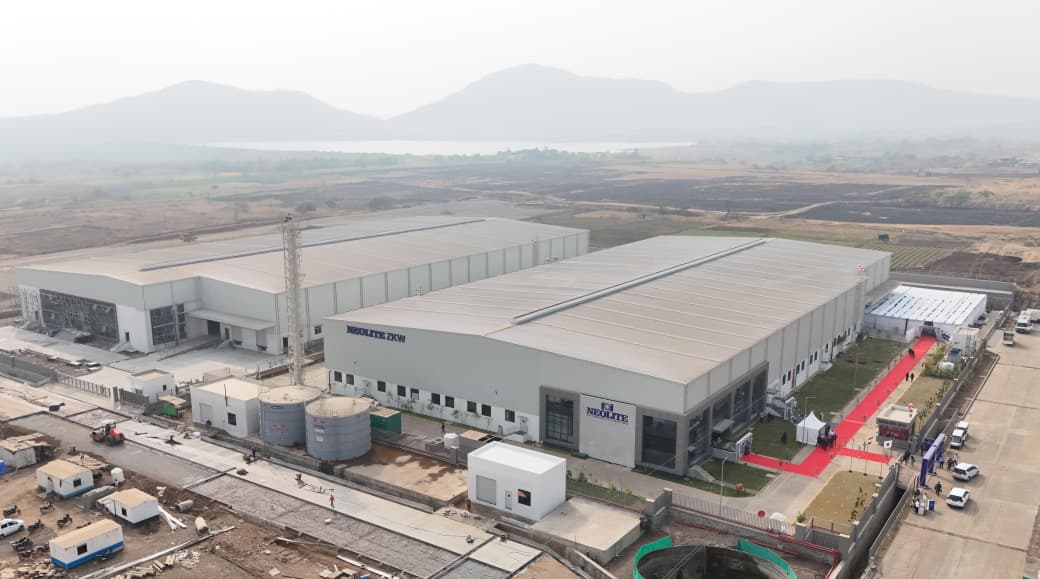
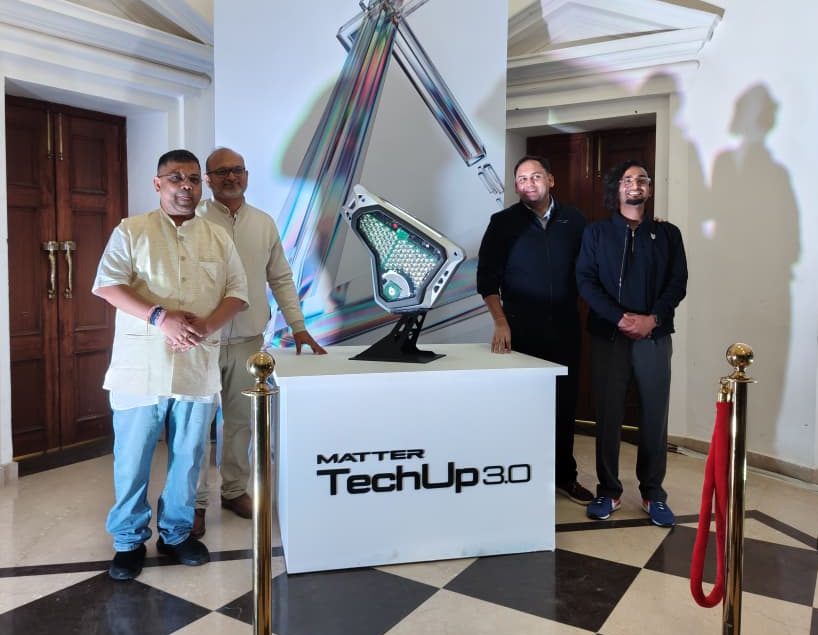
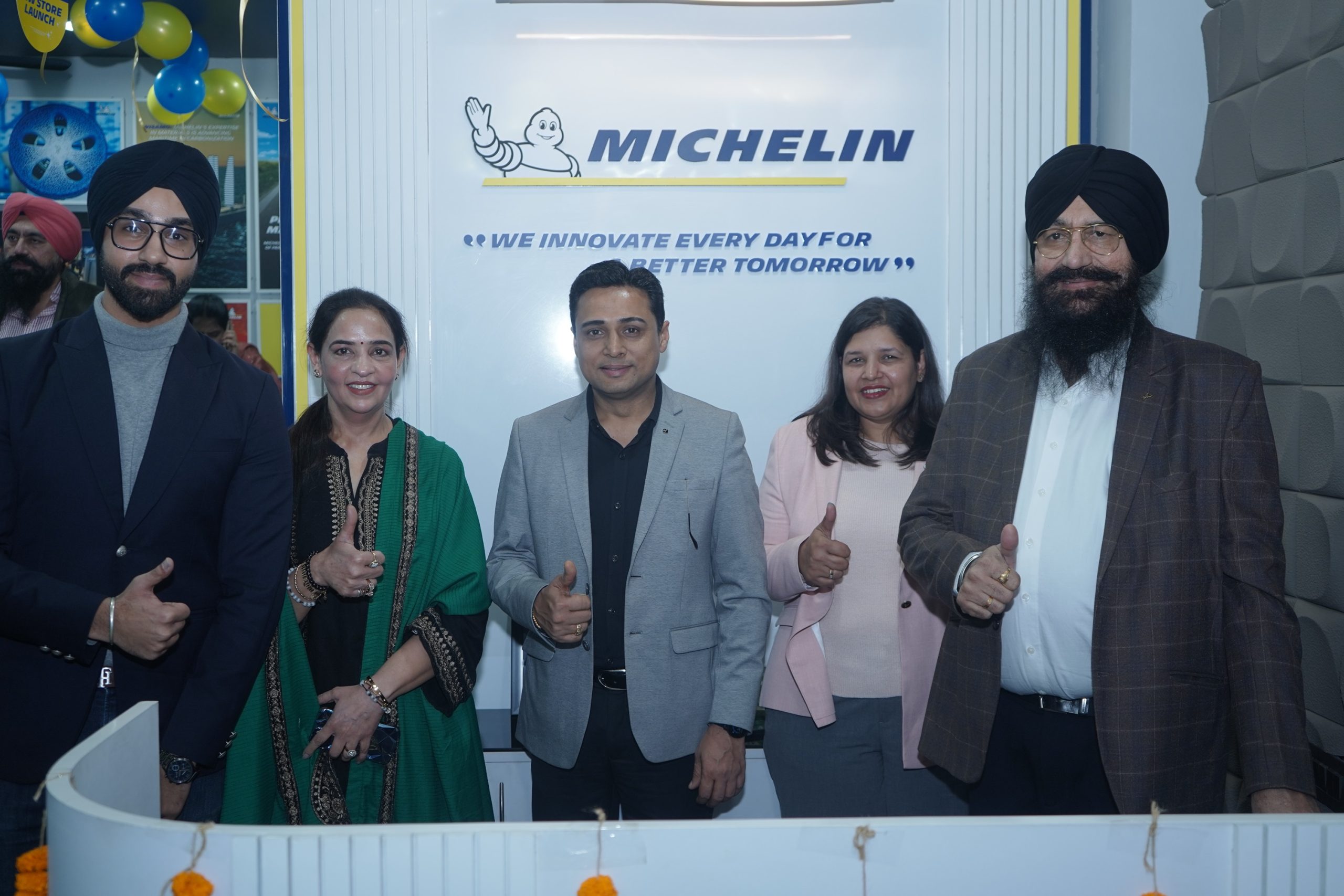
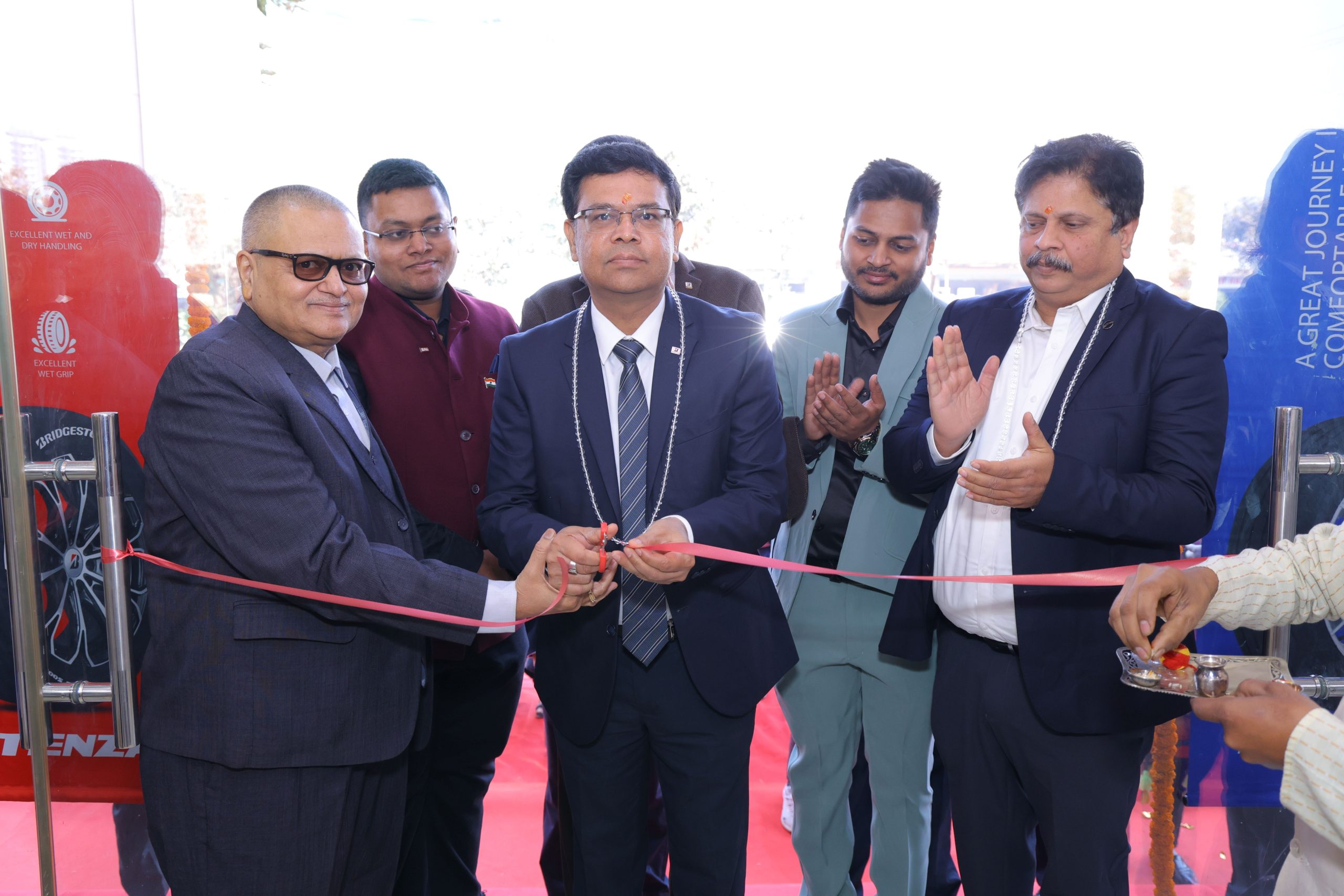



URL
… [Trackback]
[…] There you will find 2831 more Infos: autocomponentsindia.com/continental-expands-rd-footprint/ […]